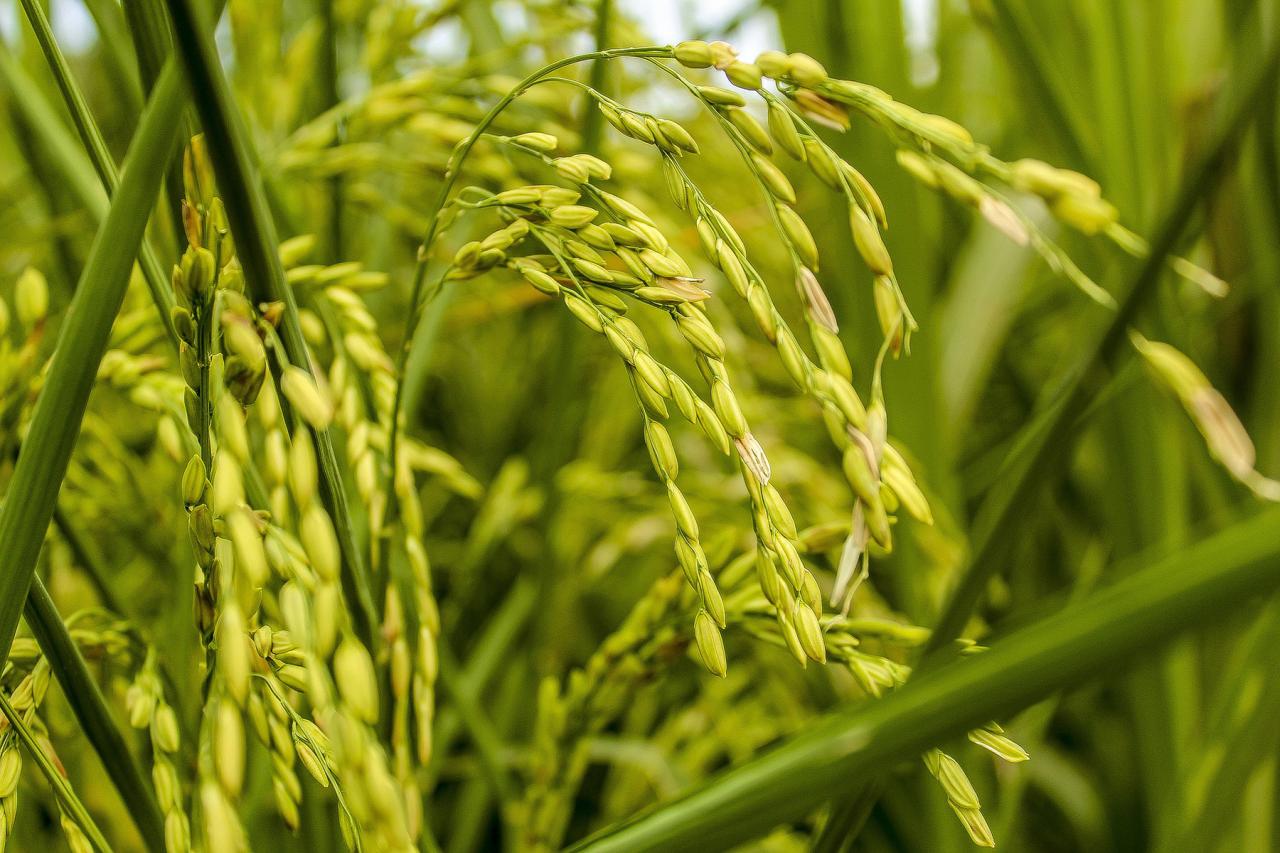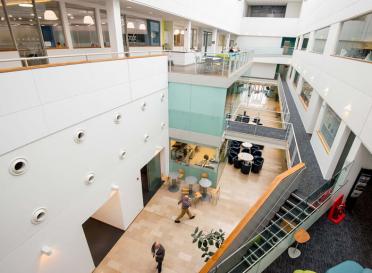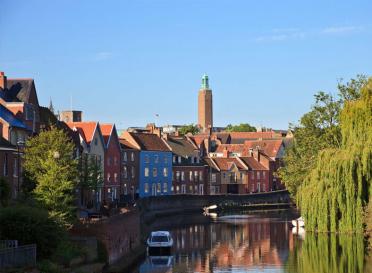
Life at Earlham Institute
We believe that our people are our greatest asset, and we want you to have the freedom to achieve your very best work here.
Rice is a versatile carbohydrate essential to diets worldwide and a staple food for over 50% of the human population. However, climate change is threatening rice’s wide availability.
This PhD aims to understand how modern agriculture has impacted rice genetic diversity. The project will make use of the latest genomic data and sequencing technology. The student will quantify the genetic diversity in local landraces and across historic collections. They will investigate their genetic make-up, and quantify deleterious mutations that hinder the further improvement of rice and its adaptation to future climates.

The project will be based in the Anthony Hall group at the Earlham Institute (Y1 and Y2) and Gutaker's group at RBG Kew (Y3 and Y4). The combined expertise across these teams will provide mentorship and guidance in genomic and bioinformatic approaches to the study of plant diversity and evolution, and provide the foundation for the development of a comprehensive cross-disciplinary skill-set.
The student will have access to Earlham Institute's and RGB Kew's state-of-art high-performance computing, horticultural infrastructure, herbarium and seed collections.
Eligibility and Funding:


Bridging the gap between model and crop species. The Anthony Hall Group strives to develop next-generation genetic approaches to bridge the gap between model (Arabidopsis) and crop species, with the aim of understanding the genes/networks and genetic variance that underpin key agricultural traits.

We believe that our people are our greatest asset, and we want you to have the freedom to achieve your very best work here.

Norwich is a city of culture, with its rich history of art and writing, as well as a city of science - hosting some of the leading centres for life science research in the world.

The behaviours and communication skills we expect from candidates.